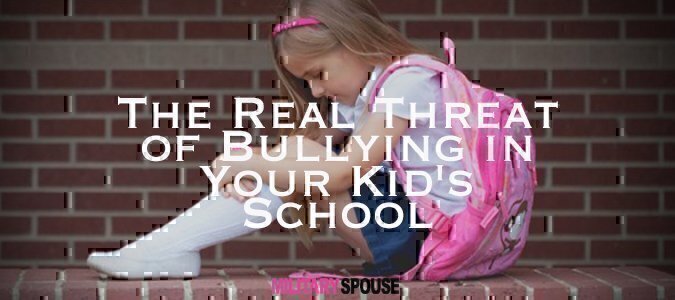Sheri Mellott’s son Alex has experienced years of bullying at different schools throughout his academic career. As a result, his parents have become experts at combatting bullying, both within the walls of the schools he attends, and for other parents going through similar experiences.
Alex, who was diagnosed on the autism spectrum, was in the 6th grade when the bullying got overwhelming. Classmates would put their hands around his neck when he was at his locker. It culminated in an incident in which students surrounded him with his back to a wall. They began to clap and chant to torment him. He couldn’t make them stop, and he began banging his head with his fists to block the noise and chaos.
“For a kid with autism, how horrific,” said Mellott.
As the years have gone on, and even as he has switched schools, he has been cyber-bullied and harassed in the halls. Last year, when Alex was in the 11th grade, students threw a cinderblock at him at a school event.
Throughout, Alex clings to his identity as a Navy kid to give him strength, especially the concept of resilience. “Military kids put up with so much stuff,” Mellott said, “and then to put up with something like this is absolutely inexcusable.”
When kids move and start new schools, they do not have the same social stability others have, and that may put them at risk, Haber said. “The frequent moves that military families experience creates a place where their social connections with kids change up all the time,” Haber said. “They don’t have the same rooting that other kids might have.”
Additionally, depending on the amount of stress children feel, they may show more vulnerability, which in turn, may make them targets, Haber said. “Kids who want to bully other kids look for the vulnerable targets,” Haber said. “Military kids may show more vulnerability, making them more targetable.”
Like Roberts’ son, kids who are being bullied may not want to talk about it with their parents, but there are a few things signs to watch. The physical signs of injury, like bruises, are fundamental to pay attention to, Haber said, but clues will also appear within their social actions. “If kids come home with a change in their friendships or social activities, you have to raise a red flag and find out why kids would stop doing something they enjoyed socially,” he said.







